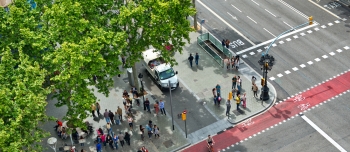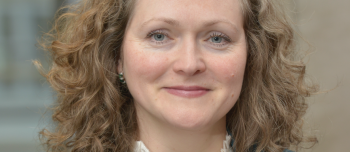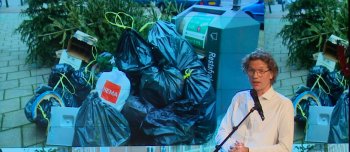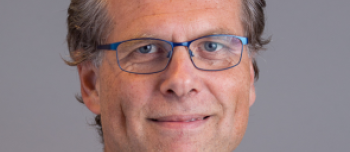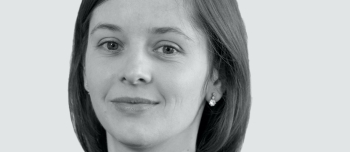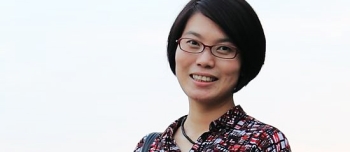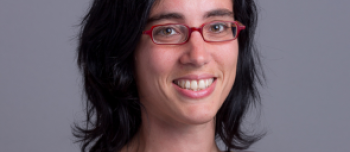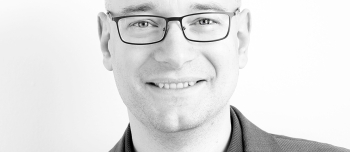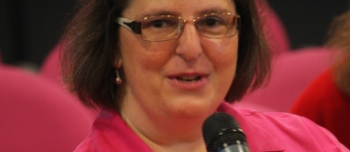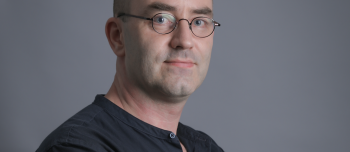CLOSER CITIES aims to create a bridge between urban science and urban practice. By collecting cases on urban practice, analysing them on the shoulders of urban science and sharing research outcomes, urban knowledge becomes shareable. In the ‘5 questions’ series, we ask scientists to briefly reflect on their research and the shareability of their insights and projects.
1. What is the main focus of your research (topic, theme, region)?
My research is concentrated around how decentralised circular approaches can address global and local technical, ecological and societal issues, in which active citizens’ engagement, datafication and digitalization (or the ‘smart city’), and a just and sustainable city have a central position.
2. Can you give a brief description of your research?
One of my research projects concerns circular community initiatives; who is involved, what are the physical implications and how much value is created locally and globally? In another research project we investigate the possibilities for local value creation through the use of data or digital possibilities.
3. How much influence does ‘local context’ have in your field of work? Can results or solutions from your research be shared with other regions easily?
Both the circular settlement development and data empowerment research projects have a strong neighbourhood focus. Results however can be shared both nationally in the Netherlands but also internationally as many neighbourhoods around the world have the capacities of some for of self organisation.
4. What are the main lessons learned that can be used by urban initiatives?
There is tremendous creativity, knowledge and power in locally organised citizen networks which contribute to creating sustainable and just cities.
5. How do you think cities can implement these lessons?
City governments should provide space and flexibility for these local networks to foster.

